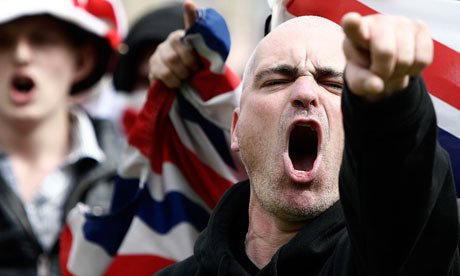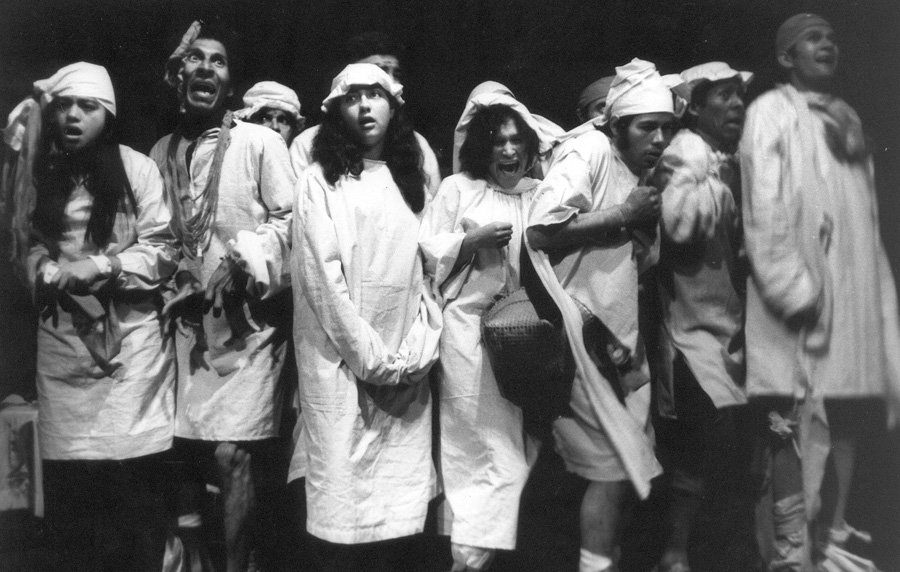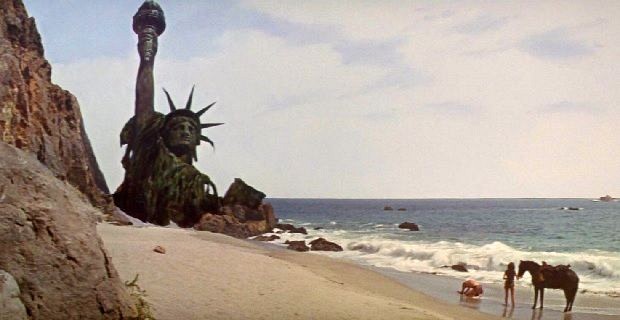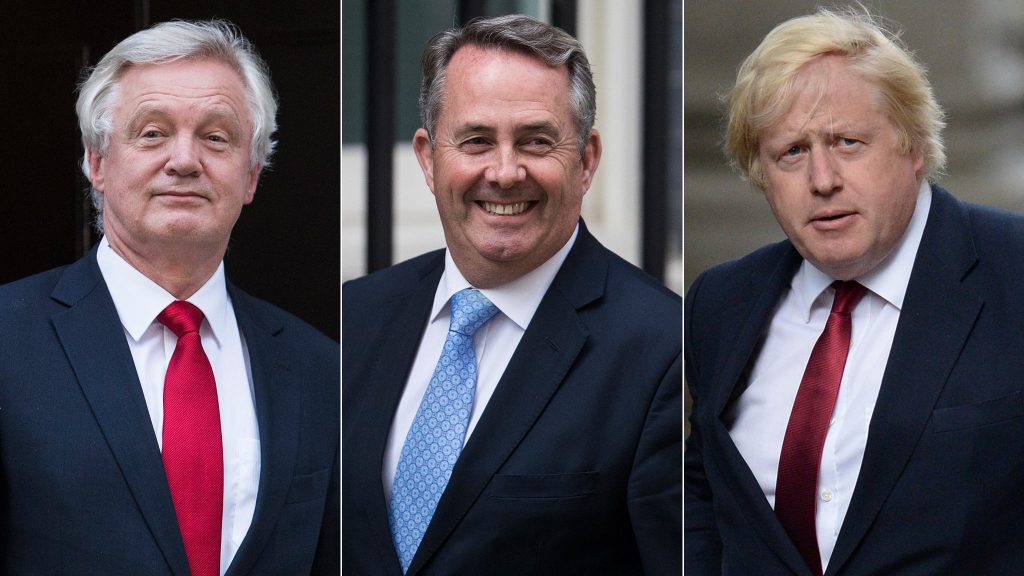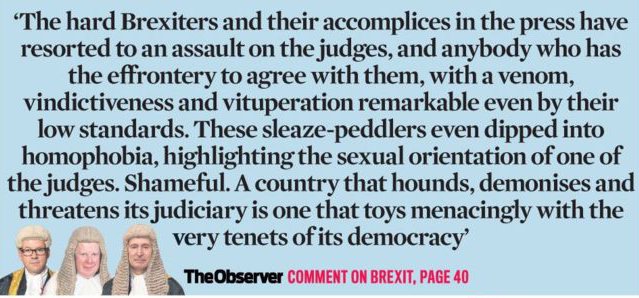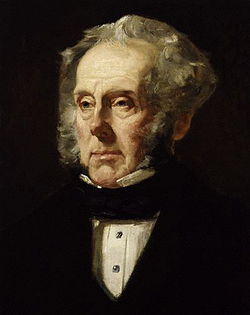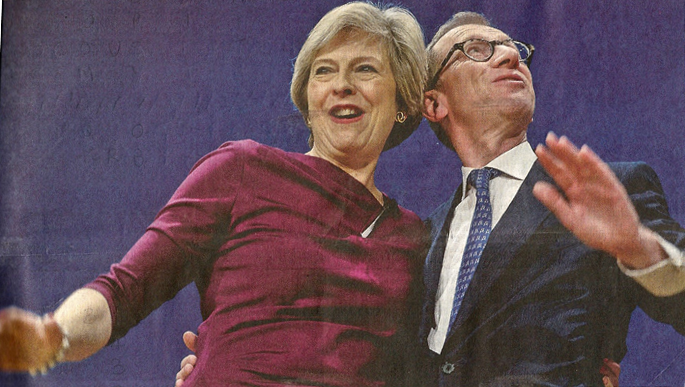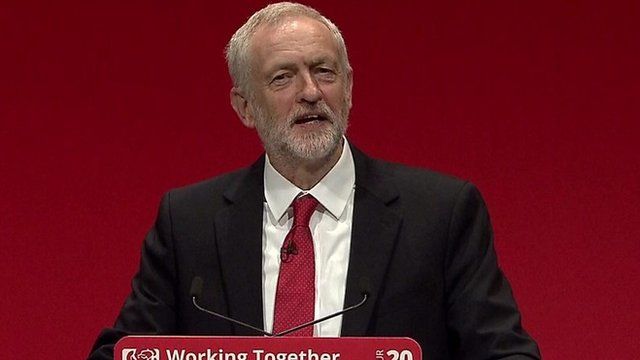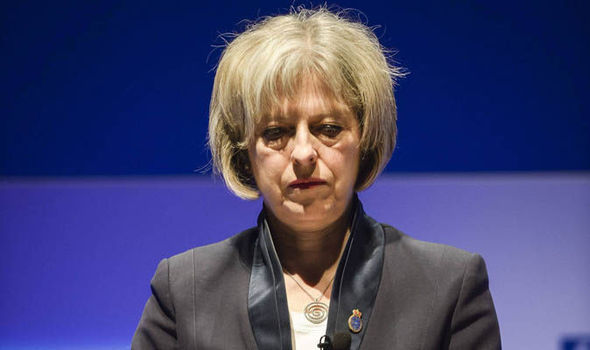Well, here we are in 2017, in the worst mess politically in my lifetime. Hatred, xenophobia and bigotry on the rise again, the highest levels of inequality for a century and the prospects of matters getting even worse. It’s worth tracing how we got to this position – and I want to explain the fundamental contradiction at the heart of the thinking of those who got us here.
Early thinking
Starting with Ayn Rand’s novel The Fountainhead in 1943, the economic theory which I call Free Market Fundamentalism slowly began to form. Rand’s 1957 work Atlas Shrugged further developed the idea of the “morality of rational self-interest”. The intellectual baton passed to economist and philosopher Friedrich Hayek, first at the LSE then at the University of Chicago. Hayek won a Nobel Prize in economics in 1974 for work on the theory of money. (One ironic moment in the story was 30 years earlier, when Hayek was elected as a Fellow of the British Academy, nominated by his intellectual arch-rival, John Maynard Keynes.)

13 years Hayek’s junior, Milton Friedman was also at Chicago between 1946 and 1977. The “Chicago school” developed further the ideas which were to form the basis of FMF.
Implementation: Thatcher and beyond
Hayek and Friedman acted as advisers to various right-wing politicians in the USA and elsewhere, including Barry Goldwater and Ronald Reagan. A key moment came in 1975, shortly after Margaret Thatcher had become leader of the Conservative Party. At a Tory policy conference, Thatcher produced a copy of Hayek’s book The Constitution of Liberty, stating “This is what we believe”. Reagan in the USA stated he was much influenced by Hayek. Thatcher and Reagan both appointed ardent Hayek followers to key government posts in their respective governments.

But the first to put Hayekian ideas into practice was Chilean dictator Augosto Pinochet. In 1975, when he wasn’t busy “disappearing” his political opponents, Pinochet implemented free-market reforms which rescued Chile’s economy from some of its ills, at the expense of rapidly rising inequality and poverty. Thatcher and Pinochet remained friends until the latter’s death in 2006. Thatcher lobbied for his release from house arrest in 1999 where he was held pending a request for extradition for alleged human rights abuses.
One defining strand of FMF thought in the early 1980s was monetarism. There was much talk of the “velocity of circulation” of money and much debate as to what actually counted as money. The resulting policy implementation led to two devastating recessions, in 1980 and 1984, which saw off much of British manufacturing industry, never to return.
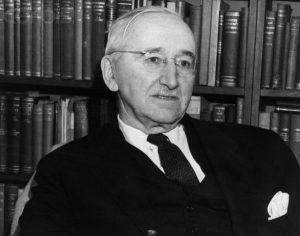
As virtually all of the economic growth was hoovered up by the richest 1% of the population, money flowed secretly into the coffers of various right-wing “think tanks”. Hayek himself had been instrumental in the founding of one of these notorious bodies: the Institute of Economic Affairs. Another think tank, the Centre for Policy Studies, was co-founded by Keith Joseph, Thatcher’s Secretary of State and propagated Hayekian ideas. A third, Policy Exchange, co-founded in 2002 by Tory ex-Ministers Michael Gove and Francis Maude, pursues the same propaganda war. Common features of these organisations are their bland, neutral-sounding names, their extreme right-wing agenda and the lack of transparency in their funding sources. More information can be found at the Transparify and WhoFundsYou websites and my earlier blog post Think Tanks? More Like the Thought Police!
Parallel realities
A key problem for the proponents of Free Market Fundamentalism is when rigorous pursuit of their policies for over 30 years fails to deliver us all to the promised land. Thorns in their side are those intellectuals and independent-minded people who point out the failure of this policy – most spectacularly in the 2007-8 economic crash, but also in low economic growth, massive tax avoidance, chronic underfunding of public services and rampant rises in inequality and poverty. For Chilean dictator Pinochet, the solution was simple: lock up and kill your political opponents.
But in liberal democracies such as the UK and USA, a more subtle approach is needed. For right-wing politicians, this has mainly taken the form of the consistent application of propaganda (i.e. lies) to deflect criticism away from their policies which have caused the problems. The best two examples of this since 2010 in the UK are the vilification of the poor (including highly misleading distortions about benefit fraud) and putting the blame for the 2008 global recession on the then Labour Government.
Such propaganda has been highly successful and has led to a distinct rise in intolerance and hatred. But the politicians have been helped enormously by their friends in the media, traditional and digital, aided and abetted by those shady think tanks. In his excellent 2014 book The Establishment: and How They Got Away With It, Owen Jones calls these groups and individuals the “outriders” of the system. For reasons of electability, the politicians have to choose their words carefully and not be too brazen about their lying. (At least, that was true until last year’s EU referendum campaign, by far the low point in UK politics in my lifetime.) No such scruples apply to the outliers. The think tanks, Fox News, the Sun, Mail and Express in the traditional media and the likes of Breitbart and worse in the new media pump out a vision of a parallel universe in which truth is an inconvenience to be swept aside with contempt and fury.
Populism and post-truth society
Add to all this the social media and search engines: Facebook, Twitter, Google and so on. Their algorithmic, profit-maximising approach to presenting information on the web, together with a proliferation of false news propaganda websites, can promote lies to the top of the list above those websites, often less melodramatic in tone, aiming to tell the truth. Instead of reasoned debate between people with different views, discourse has now split into two distinct strands. Firstly, people seek out those sources of information which share their views and people spend much of their time in bubbles of the like-minded. The second form of discourse is hysterical ranting, often limited to Twitter-length soundbites of people abusing and threatening each other.
Throw in the denigration of “experts” and you arrive at the Oxford English Dictionary’s Word of 2016: post-truth.
The Contradiction
This now brings us up against the fundamental contradiction at the heart of the post-truth project.
The early intellectual founders of Free Market Fundamentalism appealed, above all, to the rationality of humankind. A key aspect of 1980s monetarism was known as “rational expectations”. Rand, Hayek et al built fabulously complex and, on the face of it, intellectually appealing sets of arguments to support their cause. These towering achievements of intellect remind me of theodicies: increasingly sophisticated arguments purporting to show how the existence of evil in the world can be compatible with the existence of an all-powerful, all-knowing, perfectly good deity.
As I’ve said before, the whole of the free market fundamentalist project rests on two prior assumptions, both false, which are never properly spelled out. These are (a) the pursuit of material self-interest is our only motive in making decisions and (b) such decisions are always entirely rational. (Click the link at the start of this paragraph to see my reasoning.) The “clever” people, Rand, Hayek et al, forgot what it is that makes us human.
As critics are increasingly questioning the economic orthodoxy, its true believers have switched tactics, by appealing instead to human emotions, above all anger and fear. Watching the way Trump stirred up the mob during his pre-election rallies surely brings into mind some sub-Nuremberg chilling of the spine. For the “project” to continue, the “people” must forget all this rational discourse and simply shout and scream at the defined enemy (the poor, immigrants, racial and sexual minorities, or whosoever is selected, 1984-style).
And so a project reliant for its existence on rationality now has to destroy it to survive!
The Fightback
It’s still very early days, but there are signs of a fightback. Economists are rapidly rethinking their ideas. The political left and centre-left are talking about ideas for “progressive alliances”. Various groups and individuals are beginning to agree on one thing. We will not let the mob, exemplified by the more rabid “Brexiteers” and by the “Trumpsters” go unchallenged.
My take on the contradiction is unspectacular. Societies work best when the rational and emotional sides of human nature are reflected in balanced policies and political programmes. We used to call it social democracy. A re-fit for the 21st century is sorely needed. The decent people need to organise and rescue post-truth society from its own follies and contradictions.


